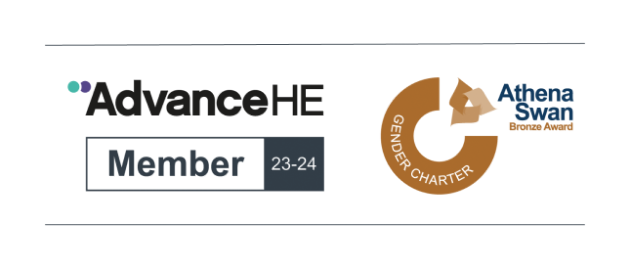Developing a bibliography
Your supervisor should be able to give you some suggestions to help you start gathering together a list of articles and books to consult. But then it’s over to you, and there are several ways you can look for more material:
- Use LibrarySearch and LibrarySearch+ to find records of books, ebooks, journal articles, film, etc., either using the names of authors or topics as keywords, or using subject headings (often more effective). This will usually generate far too many records, but if you sift through patiently you should be able to create a list of promising titles to follow up. With LibrarySearch+ you may find that you can access the full text of a publication directly.
- Supplement these searches with some forays into electronic archives such as Jstor, an online index such as the MLA International Bibliography, or WorldCat, an online catalogue of major libraries around the world. Other indexes/databases that might be useful are Literature Online and Scopus. These and other specialist bibliographic sources are available via the Libraries Gateway
- You should also try a series of searches on the internet via Google or another search engine, as this may throw up bibliographies that someone has already compiled on the topic, online articles which are not in print, and material on Google Books (very useful in deciding whether the book is worth searching for in a library). Searching via Google is a more random affair, but for very contemporary topics it can yield useful results – for example, for reviews of films too recent to appear in published journals or books.
Every book or article you read will have a bibliography of its own, so check it carefully for ideas of where to look next.
Next:



